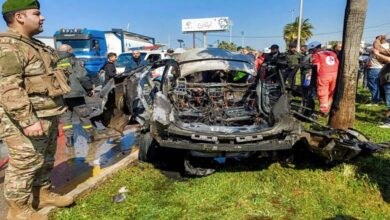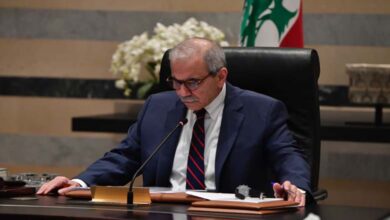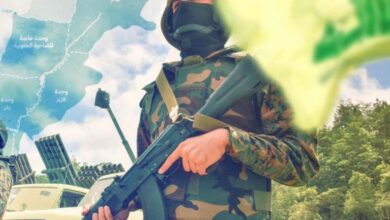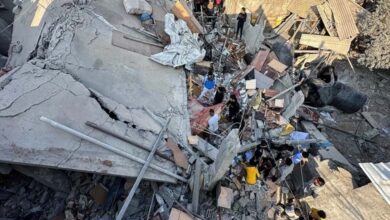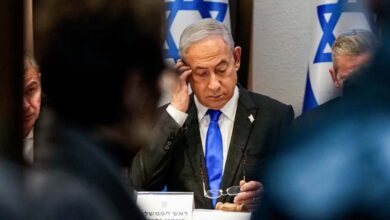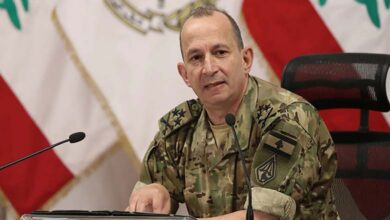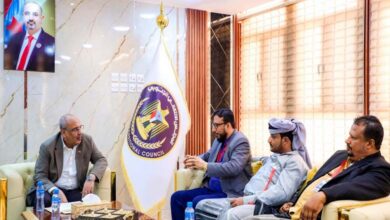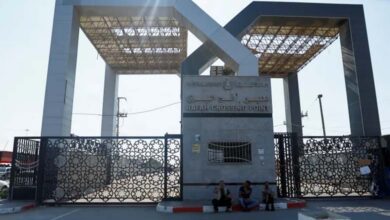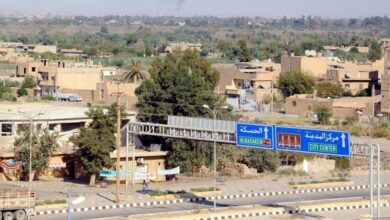The West Bank “chokes” due to Israeli checkpoints
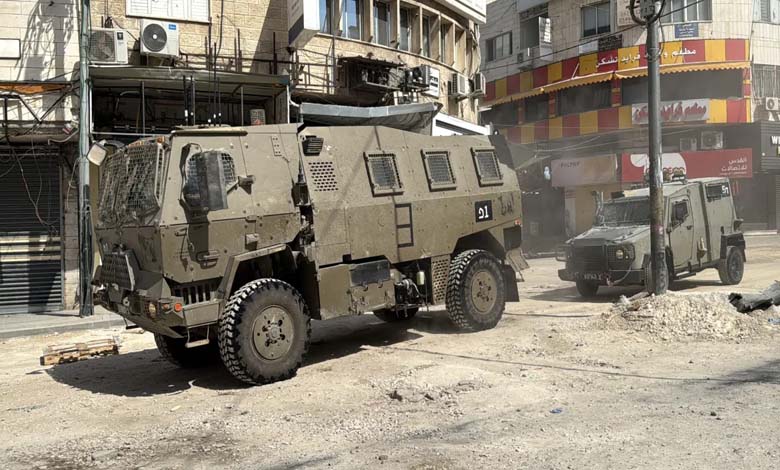
Since the ceasefire in Gaza, the West Bank has been “choked” by Israeli checkpoints, with roadblocks paralyzing traffic and making mobility increasingly difficult.
As the sharing of traffic information becomes more frequent in WhatsApp groups, messages exchanged increasingly show red circles related to the names of crossing points and intersections, which are congested and where cars are queued.
-
Back to the Ruins in Gaza: When Rubble Becomes a Homeland and Memories a Shelter
-
Ceasefire in Gaza: Here’s the “Zero Hour”
Bashar Bassil, a father from the village of At-Tayyiba, northeast of Ramallah, told AFP: “It all started on Sunday night – Monday morning, we woke up to discover that there were metal barriers on the roads leading to Jericho, Jerusalem, and Nablus.”
He added: “On Monday evening, people returning to Ramallah after work stayed in their cars from 4 p.m. until 2 a.m.,” explaining that every vehicle was being checked by the Israeli army.
Many residents report that they left work earlier on Tuesday and Wednesday, anticipating a tough journey where they would be forced to wait in long lines, with no possibility of turning back before reaching the checkpoints.
-
Gaza Agreement: What Did the Mediators Say?
-
Ceasefire in Gaza: A UAE Roadmap towards “Sustainable Peace”
Father Bashar Bassil commented: “We’ve never seen such a difficult situation since the second Intifada between 2000 and 2005.”
From south to north, traffic jams repeat, with dozens, sometimes hundreds, of cars waiting to cross the checkpoints.
Anas Ahmed, a driver, found himself stuck for more than five hours near Birzeit University, on a road that had become more crowded due to the closure of parallel routes. He sighed: “This is a waste of time.”
-
The Day After the War: What the Palestinian Authority Wants in Gaza
-
Gaza Agreement Reaches the “Final Draft” Stage
“898 checkpoints”
Israel has occupied the West Bank since 1967 and has built illegal Israeli settlements under international law.
In addition to permanent checkpoints between the West Bank and Israel, there are roadblocks at major intersections, between provinces, and near Israeli settlements.
New checkpoints were established following the unprecedented Hamas attack on Israel on October 7, 2023.
However, the situation worsened after the ceasefire between Israel and Hamas in Gaza began on January 19, 2024.
-
Some Progress in Gaza Negotiations without Reaching an Agreement
-
Gaza Ceasefire: “Slow” Steps Amidst Gaps and Obstacles
Anas Ahmed commented: “It’s a pressure tactic on the Israeli people to say, +We impose control+.”
Since the beginning of the Gaza war until January 17, 2024, at least 146 checkpoints have been installed in the West Bank, according to the “Wall and Settlements Resistance Committee,” which confirms that there are 898 checkpoints.
Israeli army spokesperson Nadav Shoshani stated: “We are ensuring that terrorists do not escape, but civilians can go and return as they wish,” without confirming the increase in checkpoints.
-
Gaza War: Israel Reveals Its Soldier Death Toll and the Rise in Soldier Suicides
-
“Death Trap” in Gaza: International Report Condemns Israel’s Actions
Meanwhile, a resident of Ramallah, requesting anonymity for fear of repercussions, expressed feeling “like we are in prison, but now we feel like we’ve been placed in solitary confinement.”
He pointed out that the trip that used to take 20 minutes took two hours on Wednesday.
“Every village is isolated,” he wondered. “What’s next? A checkpoint on every street? In front of every house?”
He continued: “It’s like there are rabbits… they can go out in the morning, do certain things, then must return to the cage to spend the night.”
-
Gaza Welcomes 2025 with “Wasted Hope”: Talks of a “Deadlock” in Negotiations
-
Will the Gaza War End in 2025?
“The plan”
While the checkpoints seem “permanent,” it raises a question on the minds of many: “Is this the beginning of the full annexation of the West Bank?”
Highlighting the increasing movement restrictions, the Israeli NGO B’Tselem said on Tuesday that Israel “is merely shifting its focus from Gaza to other areas it controls in the West Bank.”
However, many Israeli political figures have openly expressed their desire to annex, particularly far-right Finance Minister Bezalel Smotrich.
-
Collapse of Hospitals in Northern Gaza: Death Closer Than Treatment
-
The Countdown to Trump’s Inauguration: Gaza Truce Hopes Fade amid Rising Tensions
While the situation improved slightly on Thursday in some areas, this was due to many people choosing to work from home ahead of the weekend.
A Ramallah resident stated: “We can do this once or twice a week, but not permanently.”
Against the backdrop of these developments, Father Bashar Bassil is fearful of moving around, saying: “We don’t feel safe and we cannot live like this.”
He added: “We don’t know exactly what the Israeli plan is,” concluding: “But they want us to leave the country.”



